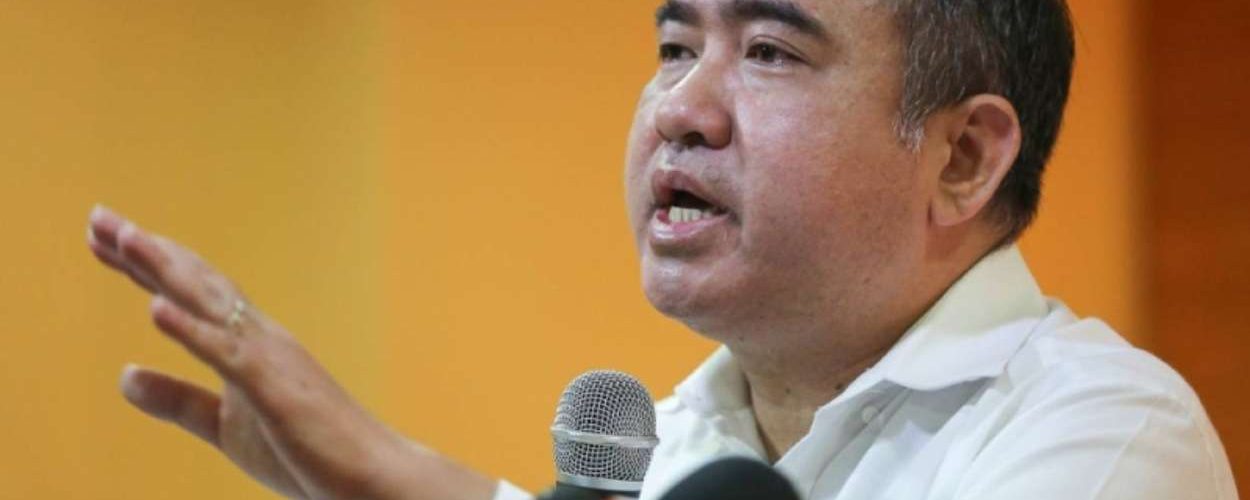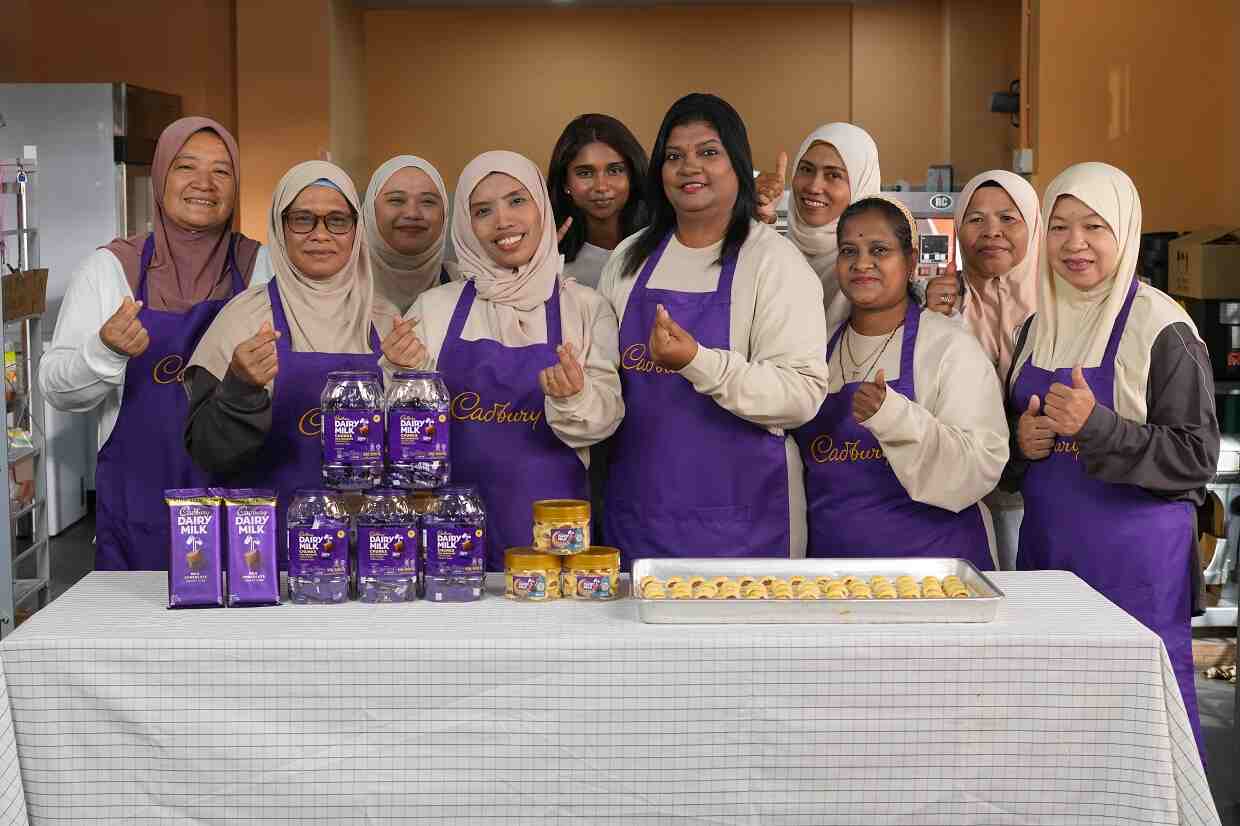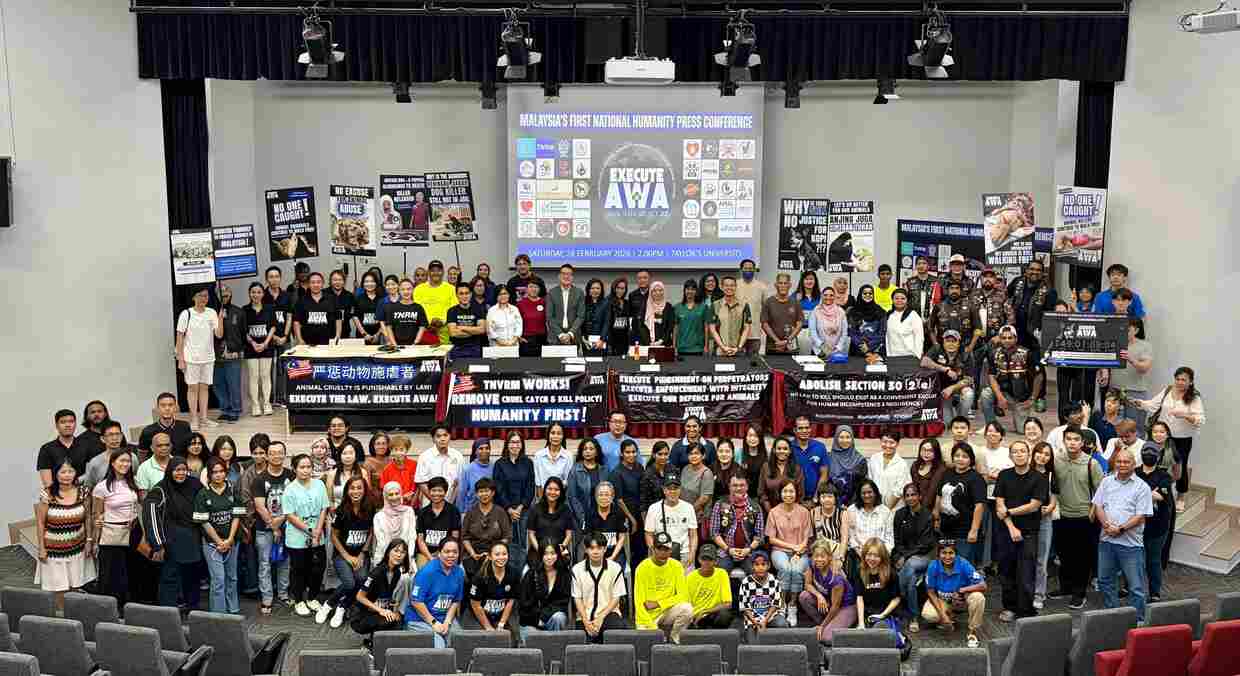A storm of controversy has erupted over a school event that prominently featured toy weapons and elements of violence, raising concerns about the impact on young students. The Democratic Action Party (DAP) has taken a firm stance against the event, calling for strict disciplinary action and questioning the approach of the program.
In a media statement released today, Anthony Loke Siew Fook stated, “DAP is very upset with the organization of a program in a primary school that displays elements of violence and extremism with the use of replica weapons.”
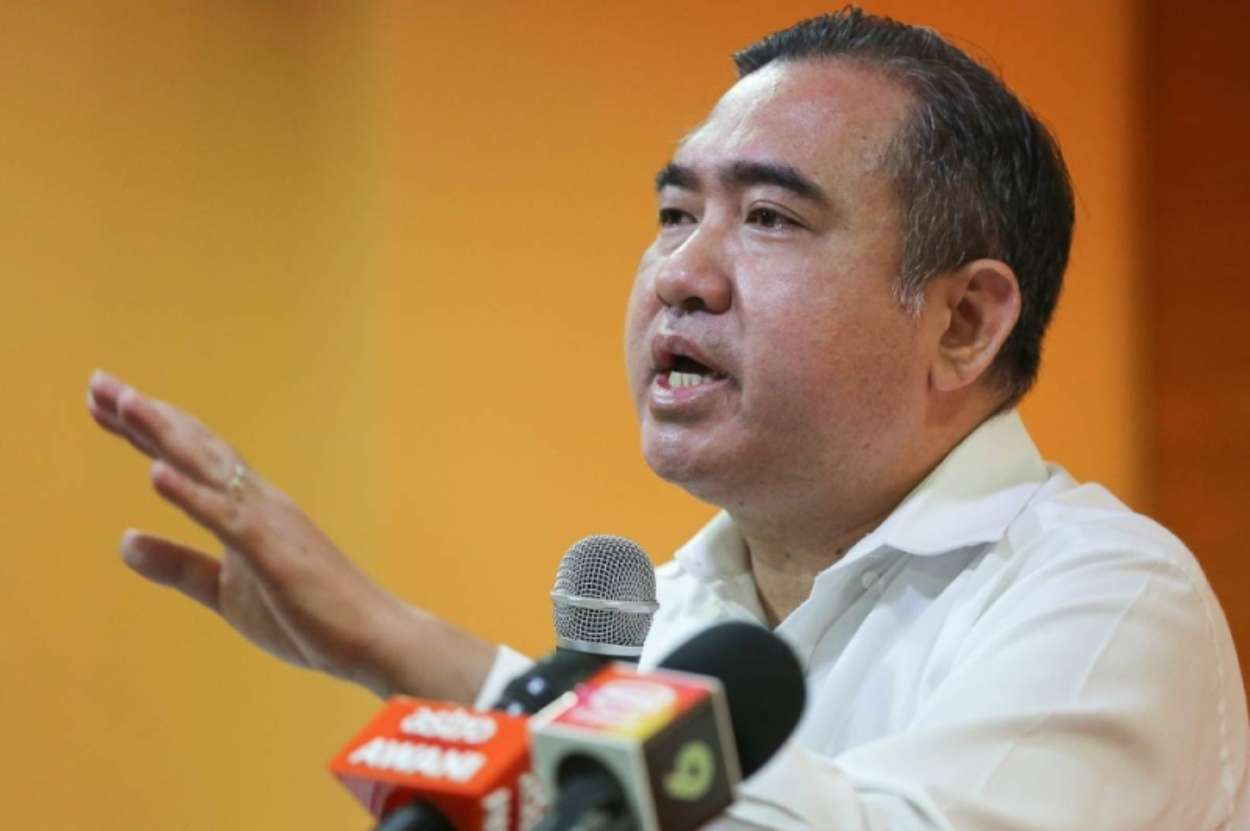
Controversial school event raises concern
The event, which was part of Malaysia’s Palestine Solidarity Week, aimed to educate students about the humanitarian values associated with the Palestinian struggle for freedom. However, a school in Klang gained widespread attention for displaying toy weapons, flags, and other symbols linked to armed conflict, leading to scrutiny of its controversial content. During the event, a man wearing protective gear led a group of teachers and students into an assembly, while others carried toy rifles and replica weapons. This has sparked significant concerns about the potential impact of introducing elements of violence and extremism to the impressionable minds of young students.
The DAP Secretary General added “DAP opposes any form of violence and opposes all forms of programs that exhibit elements of armed violence in all schools involving students at a young age. Such programs will only give wrong messages and lessons to our young generation.”
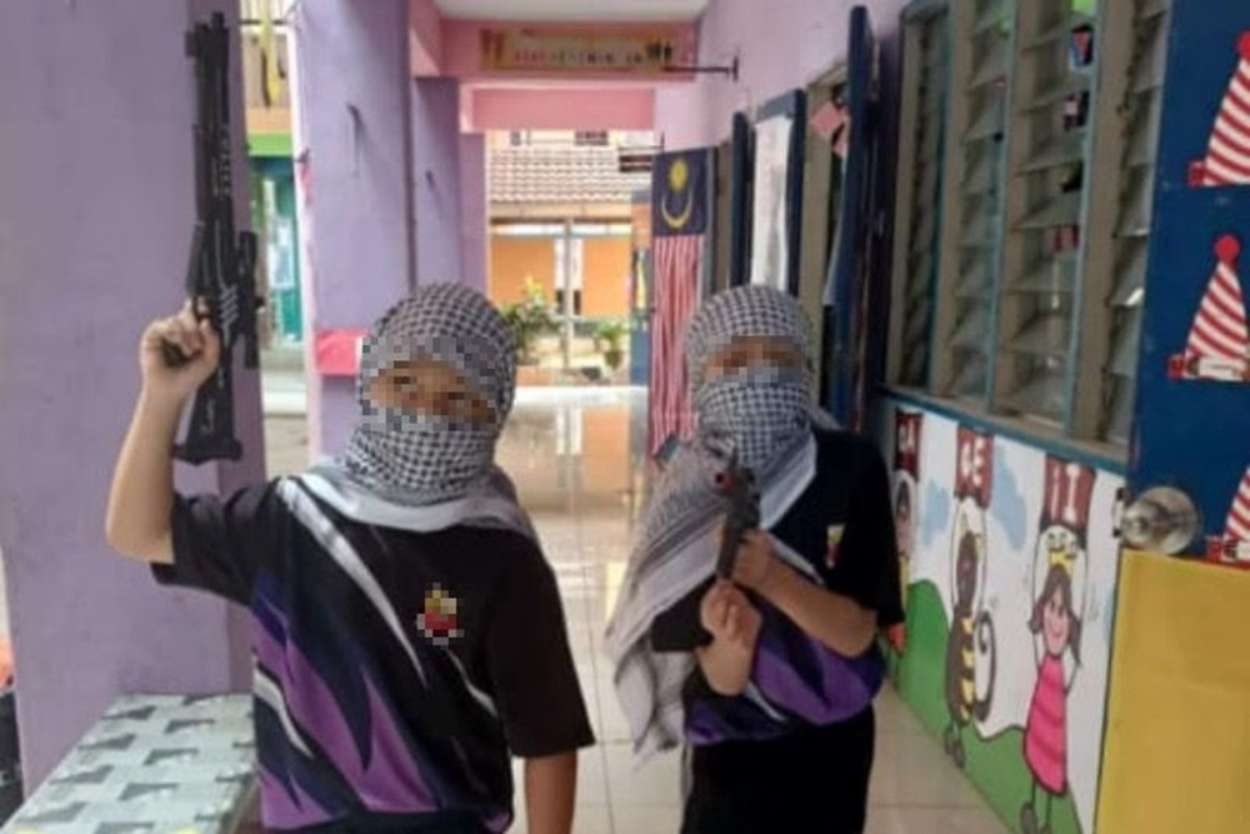
As a response to this incident, DAP has called on the Malaysian Ministry of Education to take strict disciplinary action against those responsible for organizing the program and to ensure that no similar programs occur in the future.
Anthony Loke further stressed, “Since this incident has caused public concern, the MoE should reconsider the organization of the Palestine Solidarity Week program in schools and use a more appropriate approach to convey the message among school students.”
Fostering values of peace and humanity
Anthony Loke highlighted the importance of school programs that promote values of universal peace, humanity, and intercultural understanding. “Programs at school should foster the spirit of love for universal peace and apply humane values in forming a personality that is in line with Madani principles.
The statement reiterated DAP support for the Palestinian people on humanitarian principles and expressed continued commitment to the Malaysian government’s stance on advocating for the liberation of Palestine by adding “DAP reiterates our stance to continue to stand in solidarity with the Palestinian people on humanitarian principles and always support the Malaysian Government’s stance to speak out on the world stage for the struggle to liberate Palestine and restore their rightful rights and territory.”
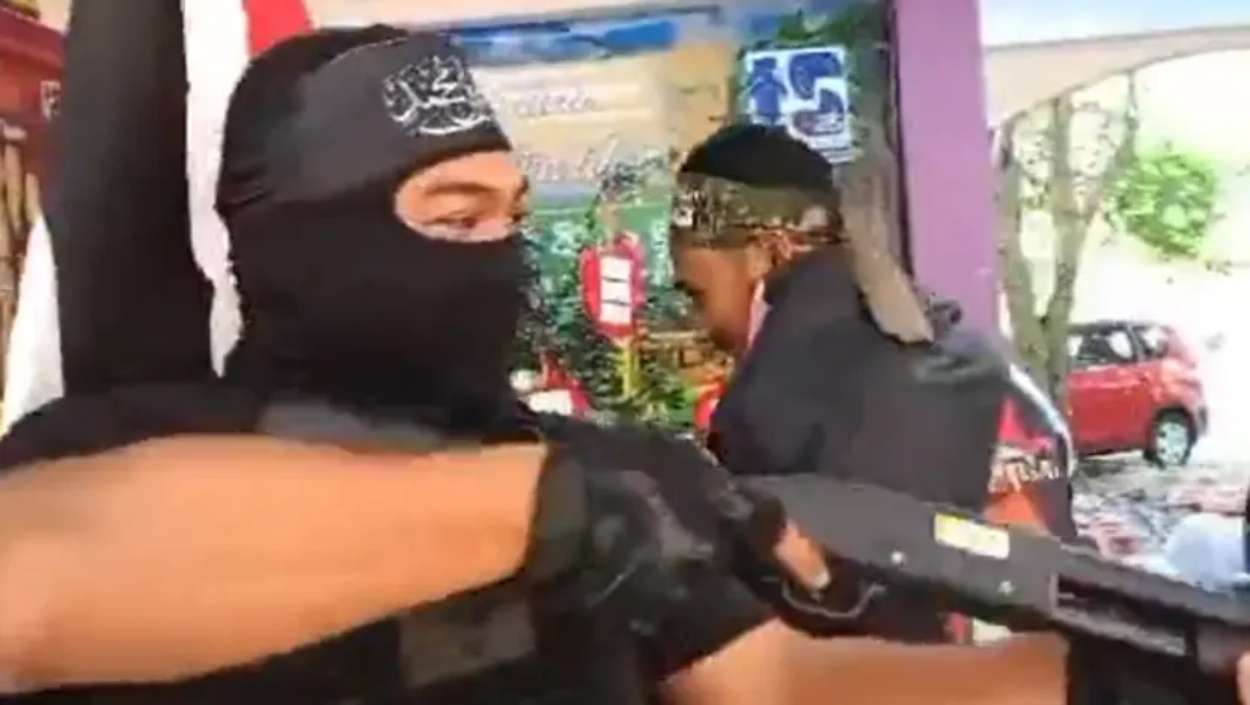
Ministry’s defense and clarification
Despite the mounting concerns and criticism, the Malaysian Education Ministry defended the implementation of the program, emphasizing its intent to instill humanitarian values and empathy “regardless of race, religion, or social status.” The ministry stated that the activities depicted in the viral videos and images did not follow its guidelines and were conducted before the official start of Palestine Solidarity Week.
The Ministry announced the initiative on Thursday, outlining its purpose to educate students about humane values, including human rights and compassion. It clarified that the program, which is scheduled to run from October 29 to November 3, is aligned with the government’s stance to defend the rights and freedom of the Palestinian people. A circular distributed to schools and educational institutions assured that the program is peaceful and devoid of aggressive or extreme elements.
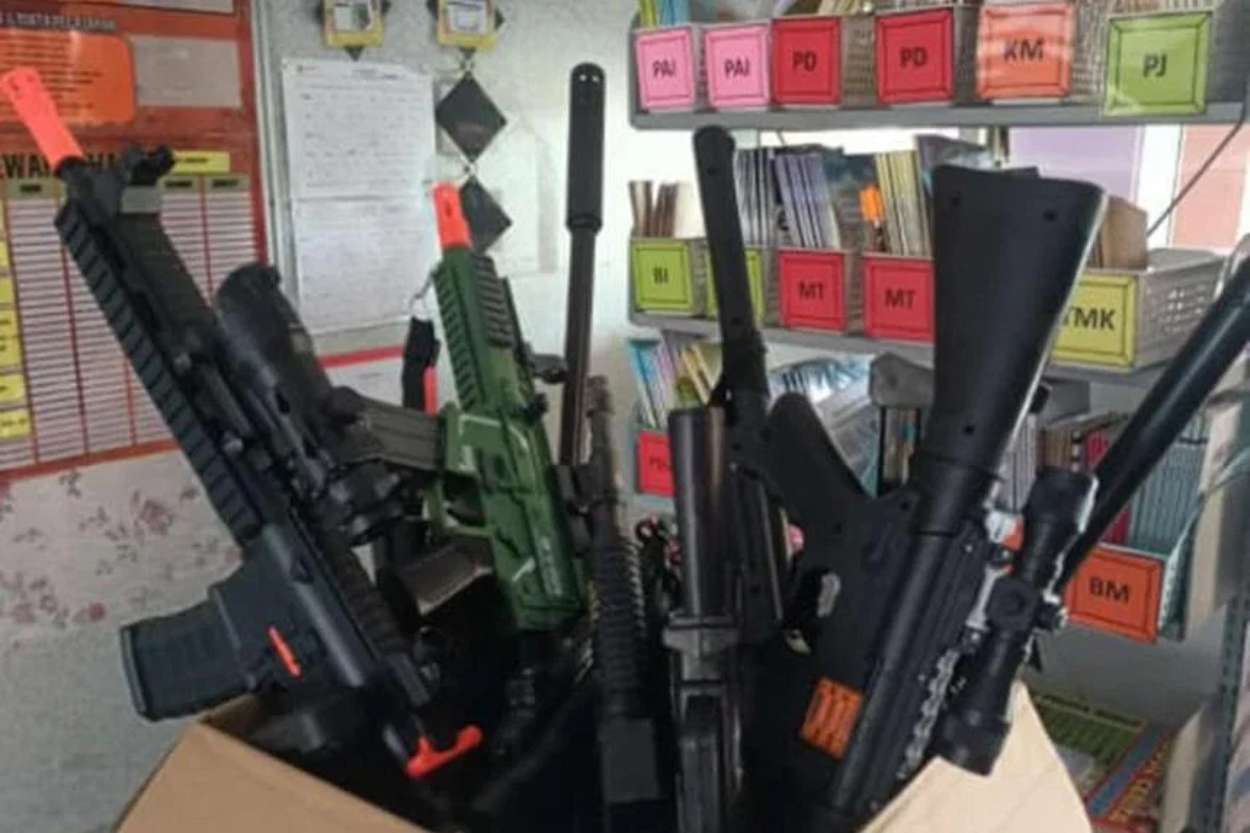
However, the government’s stance has not quelled the concerns raised by civil society groups and parents as public concern and criticism continue to mount. The controversial school program has ignited a nationwide debate, raising questions about the appropriateness of involving young students in political causes and international conflicts. Some argue that involving schoolchildren in an international conflict that is religiously divisive and complicated may not be the most appropriate approach.


